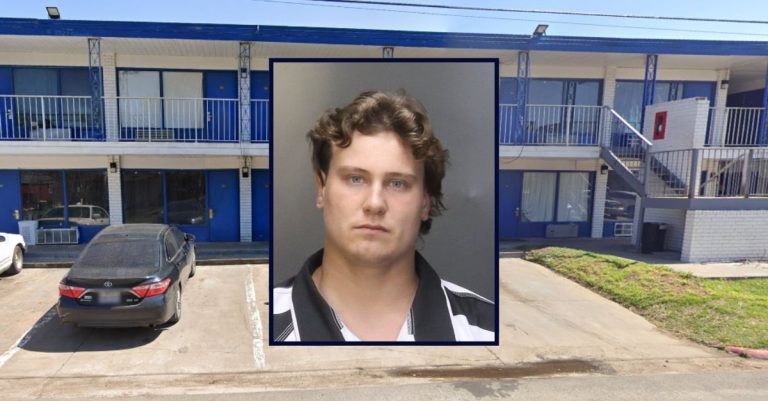U.S. Charges Kilmar Abrego Garcia with Smuggling Illegal Immigrants into the Country
In an unexpected turn of events in the clash of legal authorities of two countries, Kilmar Abrego Garcia, the person who was deported by mistake and put in a legal standoff during the Trump administration, is now in the United States again, this time, however, to answer for the criminal complaints lodged against him.
A few years ago, Abrego Garcia was the subject of a political dispute after being mistakenly deported to El Salvador during the massive immigration enforcement. First, it was a clerical error then it turned into a charged, months-long battle between Trump`s administration and the courts. The judges had been giving orders to get Abrego Garcia back to the U.S., but the representatives from the Department of Immigration seemed to be not on the same side with the judges and started a big debate. They criticized the way the Immigration Department handled the case.
Presently, the plot of the story has had a striking turn.
On Friday, U.S. officials, after providing an arrest warrant to El Salvador’s President Nayib Bukele, were able to have Abrego Garcia back through extradition to the United States to answer federal charges in Tennessee against him. He is said to be the leader of a criminal organization using large scale for transporting people illegally across the country by disguising it as a profit-making business.
He is accused of organizing the massive illegal human trafficking through United States` territories and directly benefiting from the clandestine business.
After the U.S. prosecutors, the trafficking activity not only contravened U.S. immigration requirements but is believed to have also endangered the life of individuals during their journey through borders.
Evidently, the U.S. Attorney General Pam Bondi regarded the homecoming of the suspect and the indictment revealed by the grand jury as a powerful proof of the effectiveness of the U.S. judiciary. “This is what American justice looks like,” she said, and the prompt response to the decision of the judge is a guarantee that the legal course of action will continue.
Abrego Garcia, if found guilty, will probably end up in the United States and, then, deported back to his native El Salvador by legitimate means of law.
Many would argue that this case is a typical reflection of the intricate nature of immigration control in the U.S.: a combination of policy, error, politics, and now, criminal accountability.







